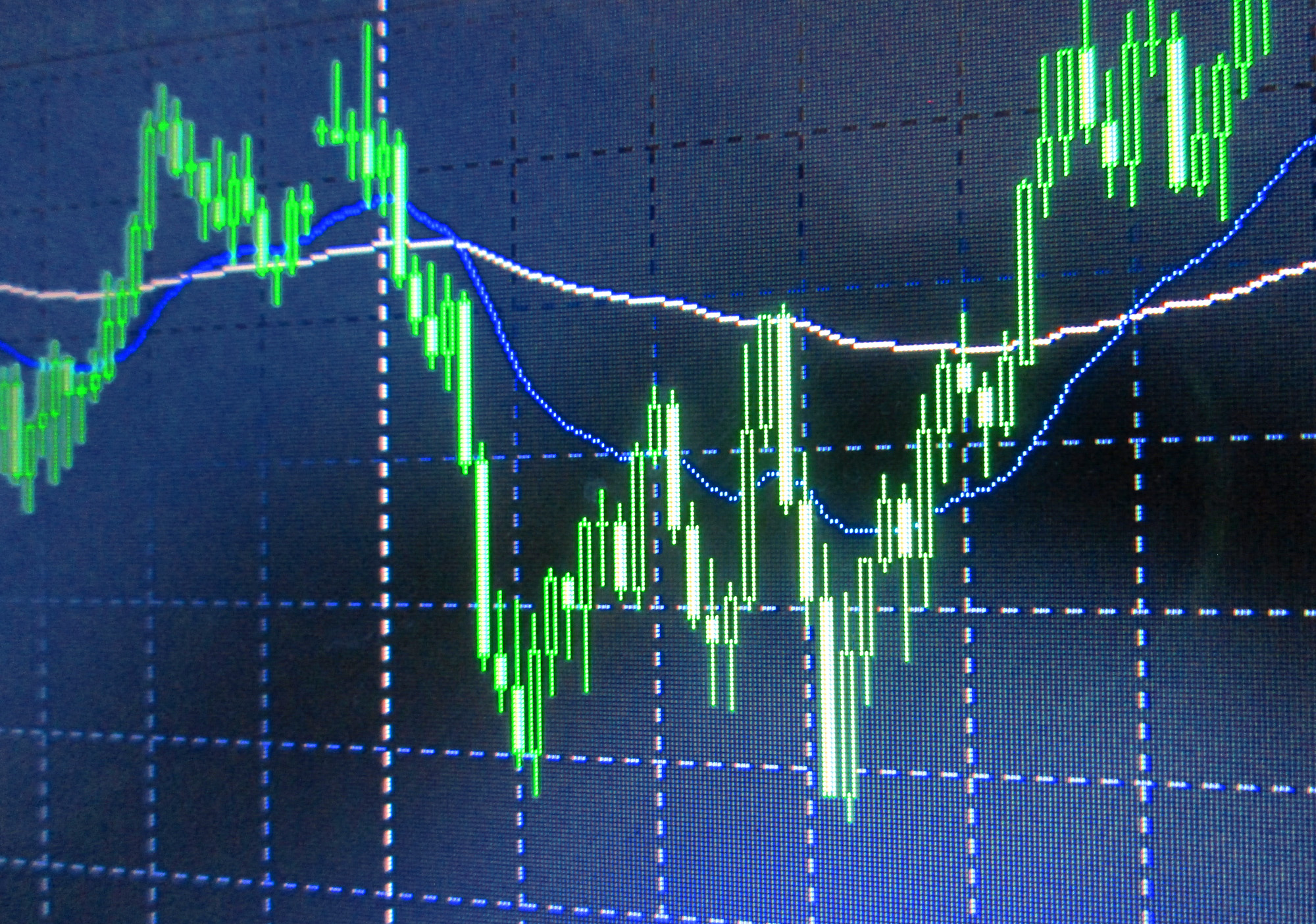Swissquote: In denial

US stocks had a wobbling trading session yesterday.
The S&P500 tipped a toe below its 50-DMA yesterday, near 3980, then rebounded to close the session around 0.50% higher, above the 4.000 psychological mark.
Nasdaq 100 saw support into the 12.000 psychological mark and gained almost 1% into the close.
The 14% jump in Nvidia certainly helped improve the overall market mood, whereas the US economic data was mixed and was not supposed to pour water on the equity bears or improve sentiment regarding the Federal Reserve (Fed) hawks.
The latest GDP update from the US revealed that the US economy expanded 2.7% in the Q4, instead of 2.9% penciled in by analyst. A softer economic growth could have been encouraging for easing inflation and softening the Fed’s hand. BUT NO, because the GDP price index – another gauge of inflation which was released along with the GDP update, showed that inflation in the Q4 eased but eased much less than expected – as a perfect reflection of the CPI and PPI data released last week.
The cocktail of slower-than-expected growth and higher-than-expected inflation is the worst possible outcome, and we could see the latter reflected in the corporate earnings.
The S&P500 companies now all reported their results and earnings fell 1% in the latest quarter. At first glance, this is not a good number, but these earnings are compared to the blockbuster post-pandemic numbers, and despite a fall, they remain high.
The question is, how far they will fall. It will depend on several factors, including how aggressive the Fed will continue tightening policy. How aggressive the Fed will continue tightening policy will depend on how sticky inflation is.
We have one more important data point to watch before the week ends… and that’s the US PCE index, the Fed’s favourite gauge of inflation. Given the previous inflation data, we know that inflation has certainly eased, but not as much as expected.
If there is not a big surprise, there should be no bloody market reaction to a slightly higher than expected PCE index. The S&P500 could close the week above the 50-DMA, and Nasdaq above its major 38.2% Fibonacci retracement.
There is one more thing that probably helps equities hold their ground, and that’s the easing US yields. I believe that the US yields have been easing since a couple of days due to the rising geopolitical tensions between the US and China – after China screamed loud and clear their support to Russia this week. These rising tensions certainly increase the safe haven flows to the US treasuries and interferes with the hawkish Fed pricing. As such, the US 2 and 10-year yields are softer compared to a peak earlier this week.
European stocks up, euro down on record inflation!?
The European stocks gained and the euro fell on Thursday, even though the latest inflation data from the eurozone revealed that the core inflation advanced to a record high.
The rising inflation is normally a boost for the European Central Bank (ECB) hawks, who increase the bets that the ECB will raise the rates more forcefully. The latter should weigh on equity valuations and support the euro.
But no. The contrary is happening because the major driving force of the market is the Fed and the dollar. So, the EURUSD fell as low as 1.0577 yesterday, while the European stocks were upbeat. The DAX index for example is now at pre-war levels, whereas the latest data is less than encouraging for the German economy.
The European exports are recovering to the pre-pandemic levels, but the German exports are clearly lagging behind the zone’s average. Spain and Italy are doing much better than their German peers. Why? Because the energy crisis has taken a toll on German manufacturing, whereas the post-pandemic reopening benefit Spanish and Italian tourism. As a result, the headline data is strong, but the underlying factors warn that the Eurozone growth is perhaps vulnerable. Sticky inflation and hawkish ECB are major risks to the actual European equity rally.
41-year high, Mr. Ueda!
Speaking of inflation, the data released this morning showed that inflation in Japan rose to 4.3%, a 41-year high, and gave a rapid boost to the yen, sending the USDJPY down to the 134 mark. But we know that the Bank of Japan (BoJ), under the leadership of its new head Ueda, is not necessarily concerned about the rising inflation. The BoJ prefers keeping rates below zero, for now, and that should continue playing in favour of USDJPY bulls, at a time when the Fed members continue showing the world how serious they are in taming inflation.
